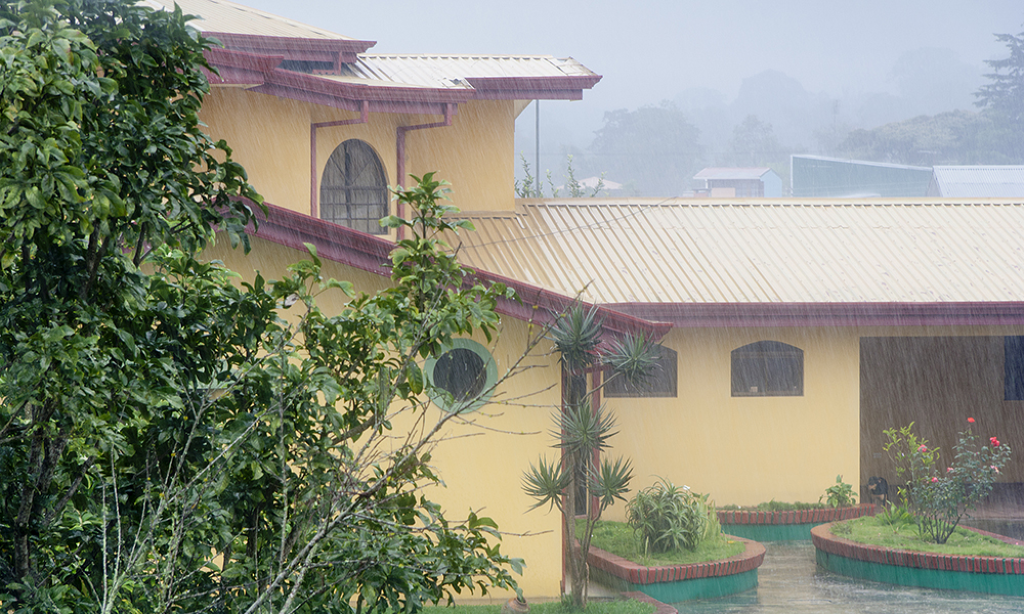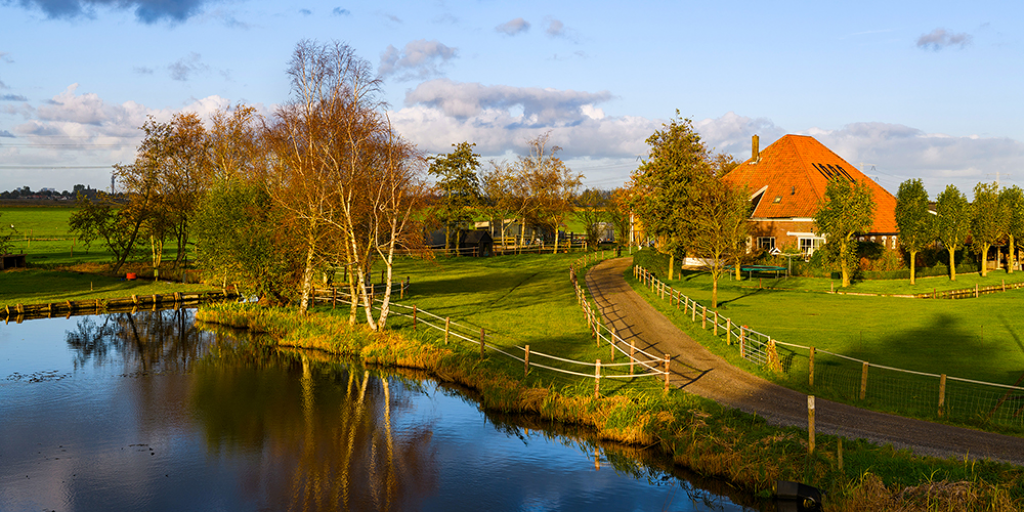Tips for Buying an Investment Property on a Budget

- Cold or rainy weather can expose issues that go unnoticed with homes. Although it's not ideal, you should consider house hunting in rainy weather.
- Don’t just set a budget for a house. Target a limbo-style budget that you can ease under by at least 10%.
- Many states, counties, and cities offer grants and forgivable loans to facilitate your home-buying journey.
Buying a home, especially your first home or investment property, can be exhilarating and intimidating. However, be it your personal home or an investment property, set your sights on buying a house well below your budget. Doing so will ensure that you have coins leftover after spending money on your down payment and closing costs.
As you begin your home-buying journey, here are ten tips when looking to purchase your home or an investment property on a budget.
You Should Consider Buying a Home in the Winter
House-hunting on a cold winter's day has zero appeal for most, and statistics bear this out, with house hunters and available homes for sale falling sharply alongside temperatures.
The reason you may think house hunting is not the most ideal in the wintertime may seem obvious—holidays are frantic enough without adding buying or selling a house to your to-do list. But for the winter-ready, persistence pays off with lower prices during November through January versus the peak season of June through July, when families are more likely to purchase a home before school starts.
Home Buying in the Rain
A rainy day, or the day after, is ideal for going house-hunting because it allows you to ensure that your next home will be watertight.

Here are a few questions or thoughts to consider when looking at a home while or after a good rain shower or soaker:
- Is the rain pelting sideways? Great, check the doors, windows, attic, and upstairs rooms for leaks.
- Was there a flash flood? Wonderful. Check the basement and garage to ensure water didn't seep through the walls or floor.
- Does the house not have a driveway and require street parking? Before skipping over the puddles, note whether the rainwater is flowing towards your home-sweet-home (because it's at the bottom of a hill or there are too-few storm drains) or past it (because it's upstream or many steps above street level).
Reduce Your Budget by 10%
One of the first questions realtors will ask is how much you're approved to borrow. They ask because it does you or the relator any good to see houses well outside your budget. However, it is also important to note that how much you can borrow is quite different from how much you should borrow.
As a rule of thumb, buy a house at least 10% less than you’re approved for. For example, if your lender has approved you to buy a house that is $200,000, then buy a home that costs at least 10% less, or no more than $180,000.
Only View Homes that Fit Your Criteria
To ensure that you stick to your self-imposed limit, tell your realtor only to show you houses priced at this limit or less. Following this strategy enables you to put your budgeting objectives on auto-pilot and removes all temptations.
Recommended Read: 3 Ways Couples and Roommates Can Split The Rent or Mortgage
Do Your Homework
Once you’ve picked your target communities and house size for your new home, go on several real estate listing sites and look at the price of houses that sold over the past six months. You'll get a reality check on recent home sales prices by looking at the home selling price. But just as important, you’ll strengthen your resolve when you see homes meeting your criteria that sold well below your budget.
Move to a Less Expensive Market
COVID increased remote work more than ever before. Two years into the pandemic, approximately 60% of workers who have a job that can be performed remotely are taking advantage of the opportunity versus the roughly one in four workers who teleworked before COVID-19.

With remote work becoming part of the norm, you can now consider moving to a city that checks boxes other than proximity to work. Where once a lovely home in a distant suburb would have come with the unreasonable trade-off of a long and possibly more expensive commute, now locales offering more houses for the dollar can be prioritized.
Don’t Forget the Tax Collector
When evaluating neighborhoods, take a hard look at property taxes. While taxes can seem like an afterthought and are rarely considered when viewing homes, they can add as little as 5% or as much as 20% to your total monthly payment. And unlike a mortgage, property taxes will always be calculated, no matter how many years you own your home.
Buy a House for the Price of a Car
On any given day, properties are listed for as low as $20,000, with the exception of a few very high-cost states. (California and Hawaii, we're looking at you.) Properties that are best improved through a wrecking ball or require a studs-to-rooftop renovation should be eliminated from consideration for any new owner but maybe a good fixer-up investment property.
Consider Country Living
While what may come to mind at the mention of country living is 'middle of nowhere,' many rural neighborhoods veer towards rural-suburban, with eligible jurisdictions often lying within 30 to 50 miles of a major city. For example, Newark, NJ is a metropolitan city only 11 miles from New York City. The city of Somerset, NJ is only 30 miles from Newark and is deemed rural.

Likewise, Decatur, GA, is not rural, but Covington, GA, roughly 40 minutes away, is considered rural. In some cases, a city has a split personality, with some portions of it considered rural and others not, as is the case with Saginaw, MI, and Fresno, CA.
Recommended Read: Rent vs. Own: Which Housing Option Is Best For You
While what may come to mind at the mention of country living is 'middle of nowhere’ or ‘roughing it,’ many rural neighborhoods more often veer towards rural-suburban, with eligible jurisdictions often lying within 30 to 50 miles of a major city. As an example, Newark, NJ, a metropolitan city that’s 11 miles from New York City, is not deemed rural, but Somerset, NJ, only 30 miles from Newark, is.
Likewise, Decatur, GA, is not rural, but Covington is roughly 40 minutes away. In some cases, a city has a split personality, with some portions of it considered rural and others not, as is the case with Saginaw, MI, and Fresno, CA.
Maximize Your Use of ‘Free’ Money
Many local and state governments offer homebuyers down payment assistance, ranging from grants and forgivable loans to repayable loans only when and if the home is sold.
Qualifications vary but are usually some combination of income, location, experience, or use-restricted. Below are examples of each.
- Income-restriction: a household income for a family of four should be no more than $50,000
- Location-restriction: a neighborhood targeted for revitalization
- Experience-restriction: only available to first-time homebuyers
- Use-restricted: the home must be your primary residence for five years
These funds vary from just a few thousand dollars to a whopping $375,000 in San Francisco. Either way, when we're talking free money, even a handful of dollars beats zero dollars.